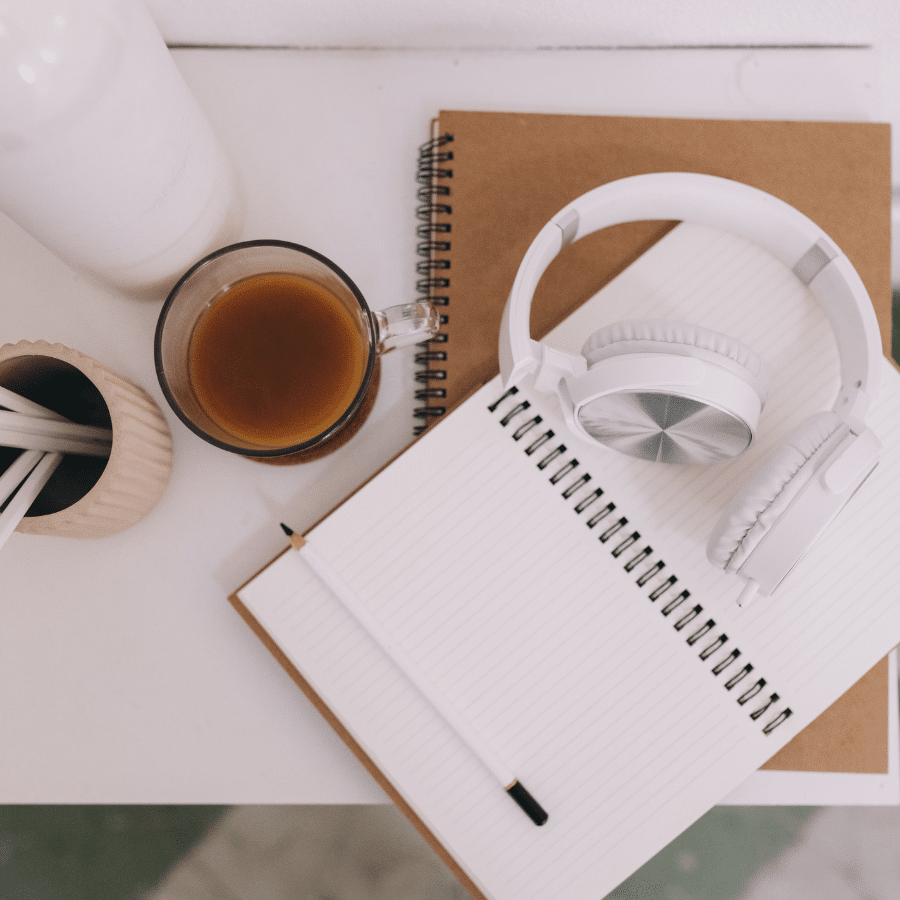概要
勉強中は集中力を維持するのが難しい場合があります。気を散らすものはどこにでもあります。携帯電話や、突然訪ねてきた友人など、勉強の邪魔になるものは常に存在します。勉強中に気が散って苦労している場合は、気を散らすものを減らすために次のテクニックを試してみてください。勉強仲間を活用する
A study buddy is someone you can rely on to help you stay focused and motivated. Your study buddy should be someone who’s also taking the same class as you, but not necessarily in the same section. This way, they’ll be able to keep up with their own work while helping you out with yours. If possible, find someone who’s willing and able to get together at least once a week (or even more often) so that both of your schedules are covered. The more time spent together working through problems and reviewing material, the better off both of your grades will be at exam time!自分にごward美を
A reward is something you give yourself for completing a task. Rewards can be physical or mental, and they should be appropriate to the task at hand. For example, if you’re studying for a big exam and need to focus on reading through textbooks and reviewing notes, then rewarding yourself with 15 minutes of social media time may not be the best choice (unless that’s what really motivates you). If so much as looking at Instagram makes your brain hurt from all those words scrolling past too quickly for comprehension–and let’s face it: most of us have felt this way before–then maybe giving yourself permission to check Twitter every hour instead would help keep things interesting without distracting from what needs doing. Reward Yourself It’s important that any rewards are immediate so they don’t interrupt or delay tasks at hand; however there are some exceptions where delaying gratification can actually improve performance later on! In one study testing delayed gratification in preschoolers over 6 weeks period showed early signs of increased self control by using delayed rewards rather than immediate ones even though both groups performed equally well initially他人に責任を持つ
If you are struggling to stay on track with your study plan, make a commitment to someone else. This can be anything from “I will wake up at 7:30 every morning” to “I will spend one hour reading each day.” It is important that this commitment is something that would be difficult for them to break–if it’s not too difficult for them then they may end up breaking it anyway! If this doesn’t work for you, try making a commitment to yourself instead. For example: “I will read 10 pages of my textbook before I go out tonight” or “I won’t check social media until I finish my homework”.整理する
The first step to being productive is getting organized. It’s important to set aside time for studying and make sure that you know what your goals are for each day. A good way to do this is by using a calendar or planner, which will help you plan out your days and keep track of your progress as well as any deadlines or other commitments. You should also set goals for yourself at the beginning of each week so that they’re fresh in mind when it comes time for them later on down the road (and if possible, give yourself a reward after completing one). You should also use checklists whenever possible–they’ll help ensure nothing slips through the cracks during study sessions! For example: If I’m going over vocabulary words from Chapter 3 today before starting work on Chapter 4 tomorrow morning…then my checklist might look something like this:- 前の章の語彙セクションのフラッシュカードを復習する
気晴らしの日記をつけましょう。
日記を使うと、1 日の行動や各活動に費やした時間を追跡できます。この情報は、1 日の計画をより良く立てるのに役立つだけでなく、気が散る原因になりそうな領域を特定するのに役立ちます。例:- 毎晩仕事の後 1 時間テレビを見ているのであれば、テレビを見る時間を無駄にせず、代わりに読書などの他のことができるように、生活習慣を変える時期かもしれません。
- 私の社会的な交流のほとんどが同僚やクラスメートとのランチ中に起こるのであれば、仕事や学校のグループ以外で、定期的に新しい人と会う(近くに住んでいる大学の友人にメールを送るなど)方法を見つけるべきかもしれません。









